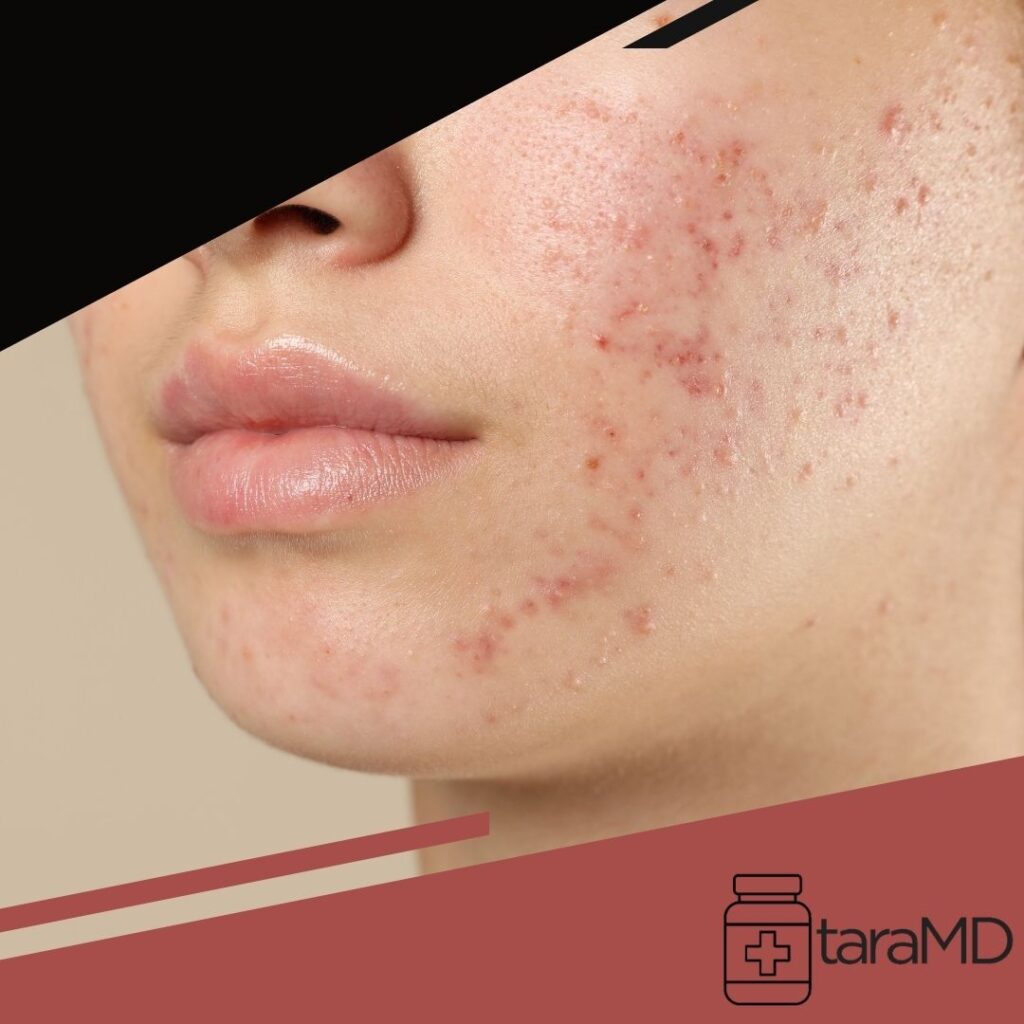For many people, acne is challenging enough to manage on its own—but the marks it leaves behind can be equally frustrating. Acne scars often serve as lingering reminders of past breakouts, affecting not just appearance but also confidence. Fortunately, understanding what causes these scars and how to treat or prevent them can help you achieve smoother, healthier skin.
What Causes Acne Scars?
Acne scars form when breakouts penetrate deep into the skin, damaging the tissue beneath. The body responds by producing collagen to heal the area. If too little collagen is produced, depressions or “pitted” scars may appear. On the other hand, too much collagen can lead to raised scars. Factors like genetics, the severity of acne, and habits such as picking or squeezing pimples increase the likelihood of scarring.
Treatment Options for Acne Scars
Modern dermatology offers a range of effective treatments for acne scars, depending on their type and severity.
- Laser Therapy: Lasers target damaged skin to stimulate collagen production and encourage new, smoother skin growth.
- Chemical Peels: These treatments exfoliate the skin’s surface, reducing discoloration and improving overall texture.
- Microneedling: This procedure uses tiny needles to create micro-injuries, triggering natural healing and collagen production.
- Dermal Fillers: For deeper scars, fillers can temporarily raise depressed areas, making the skin appear more even.
- Topical Treatments: Prescription creams containing retinoids or acids can gradually fade discoloration and improve skin turnover.
A dermatologist can recommend the most suitable approach—or a combination of treatments—for lasting improvement.
Preventing Acne Scars
While treatments are effective, prevention remains the best strategy. Consistently managing acne helps reduce the risk of scarring. Using non-comedogenic products, cleansing gently, and following a dermatologist-approved skincare routine are key steps. Most importantly, avoid picking or squeezing pimples, as this greatly increases the chance of scars forming. Seeking early treatment for persistent acne can also make a big difference in preventing long-term skin damage.
Healing Beyond the Breakout
Acne scars may feel discouraging, but they are not permanent. With today’s advanced treatments and preventive strategies, clearer and smoother skin is achievable. If scars are impacting your confidence, consider consulting a dermatologist to explore the right treatment options. Taking action now can help you move past acne scars and embrace healthier skin in the future.

